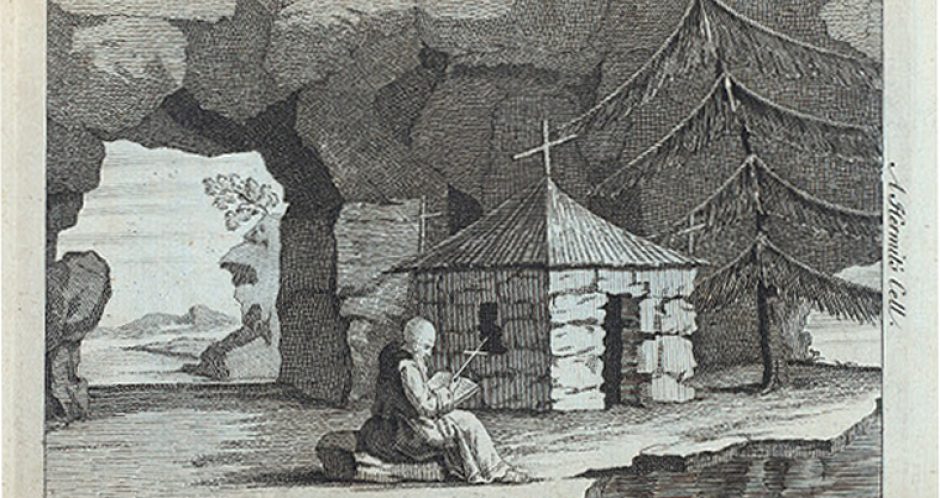The Monster is reanimated and ironically victor isn’t as pleased as he thought he will be. This be because he believed of himself as someone who deserves control. Playing god gave him that feeling of control feeding into his desire. However when the Monster came to life, he quickly figured that he lost that control. Since it was a part of him, mirror image of his ugly side, he felt as he lost control of part of himself no longer fully pledged to his dream of reanimation.
Looking at the Monster one can see the relations of a newly born child. Simply a brand new canvas, the Monster struggled being including in society. His Ugliness, or strangeness prevented others from fully accepting him. The Monster can be seen as a connection to the outcast in real life. The queerness of outcast simply prevents them from being including in society no matter how hard they try to fit in. Eventually they will subside to their self fulfilling prophecy and believe themselves to be that person everyone characterizes them as. In the Monster, the fact that everyone labeled him that way forced him to become a Monster rather than stick to his emotions of love and compassion. An outcast from the real world such as young poor delinquent children are always told that they are nothing more than bad behaving nuisance. This sets them up for failure since they end up doing what they were labeled as due to self fulfilling prophecy.




You brought an interesting point on the monsters symbolism as a “newly born child”, the monster was learning his way to society but as you said his ugliness or strangeness prevented that. Also the way you described the social standing for the monster in society made me wonder what would his role in life be if he was accepted.